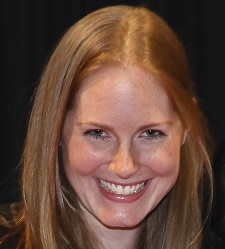
PROJECT SUMMARY:
Alzheimer’s disease is the third leading cause of death in Australia, and currently has no cure. Every day, many Australians are diagnosed with early symptoms of dementia, but not every individual who attends a memory clinic with a concern will progress to this diagnosis. Concerns of forgetfulness are very common in the normal population, and many of these concerns do not signal the starting point of a dementia. Discerning the difference between “concerning” concerns and normal forgetfulness is quite complex. As the population ages, it is clear that not everyone can be sent to a memory clinic for detailed neuropsychological and psychiatric assessments. Some intervening step needs to be realised that will improve the diagnostic reliability of subjective concerns. The aim of this project is to address this issue by applying a novel technique to measure an individuals’ metacognitive efficiency, or how well individuals gauge their own memory function. This pioneering technique uses a sophisticated algorithm was developed by one of my project team-mates at the University College London, and was recently published in Science.
My team and I will calculate metacognitive efficiency levels in healthy older adults over the age of 60 to see how well these levels inform subjective concerns about forgetfulness. We predict that individuals who have high metacognitive efficiency will have a very good ability to monitor changes in their memory function. If these people are worried, then we predict that they will be clearly worried about memory changes, and will be more likely to show biological risk for Alzheimer’s disease. We would then recommend for these individuals to be followed up with comprehensive neuropsychological assessment in a memory clinic.
Our broad-scope goal for this study is to reduce the burden on our healthcare system which is likely to occur as our population ages. Results arising from this project will aid general practitioners in their decision-making regarding the referral of a concerned, but putatively healthy, older adult to a memory clinic. We also anticipate this will be a valuable diagnostic tool to provide a more efficient process for identifying those who will truly benefit from early intervention and prevention strategies for AD


 The Brain Foundation is the largest, independent funder of brain and spinal injury research in Australia. We believe research is the pathway to recovery.
The Brain Foundation is the largest, independent funder of brain and spinal injury research in Australia. We believe research is the pathway to recovery.